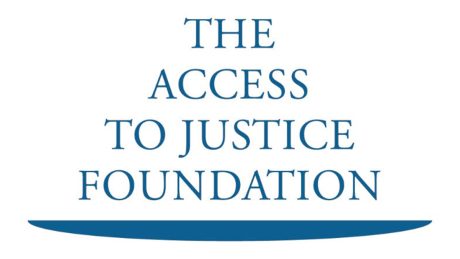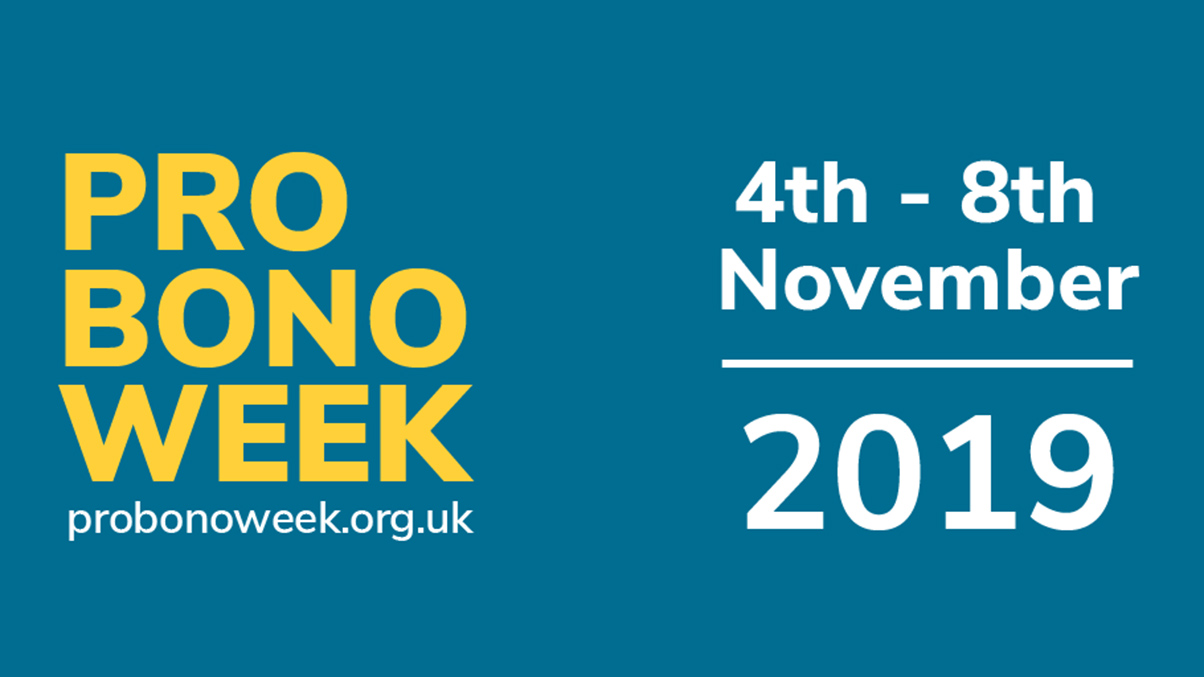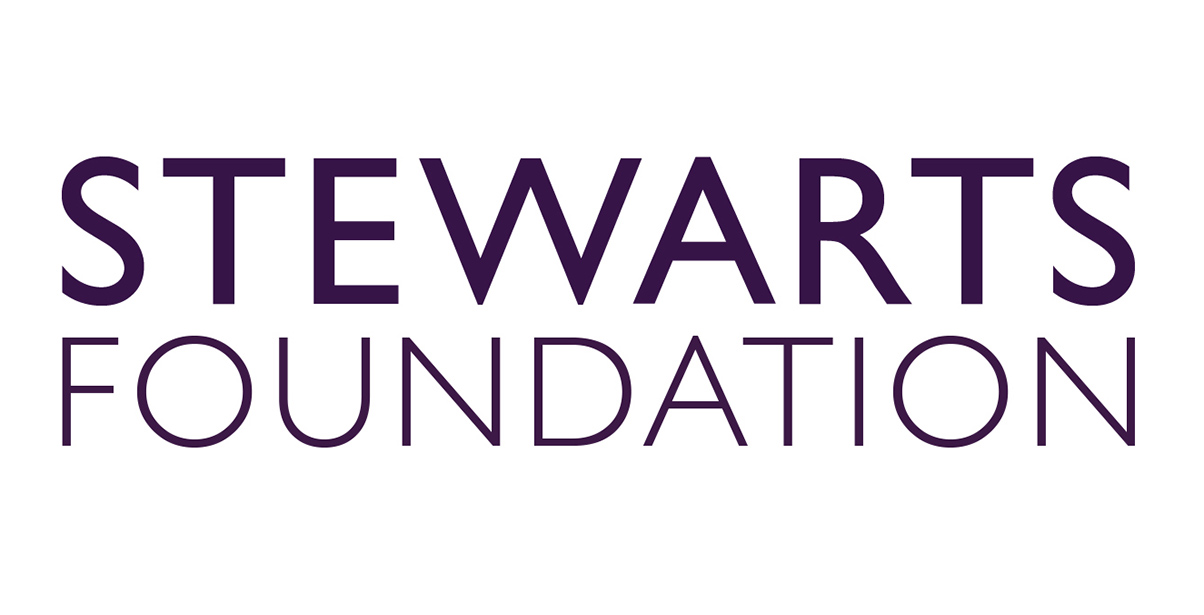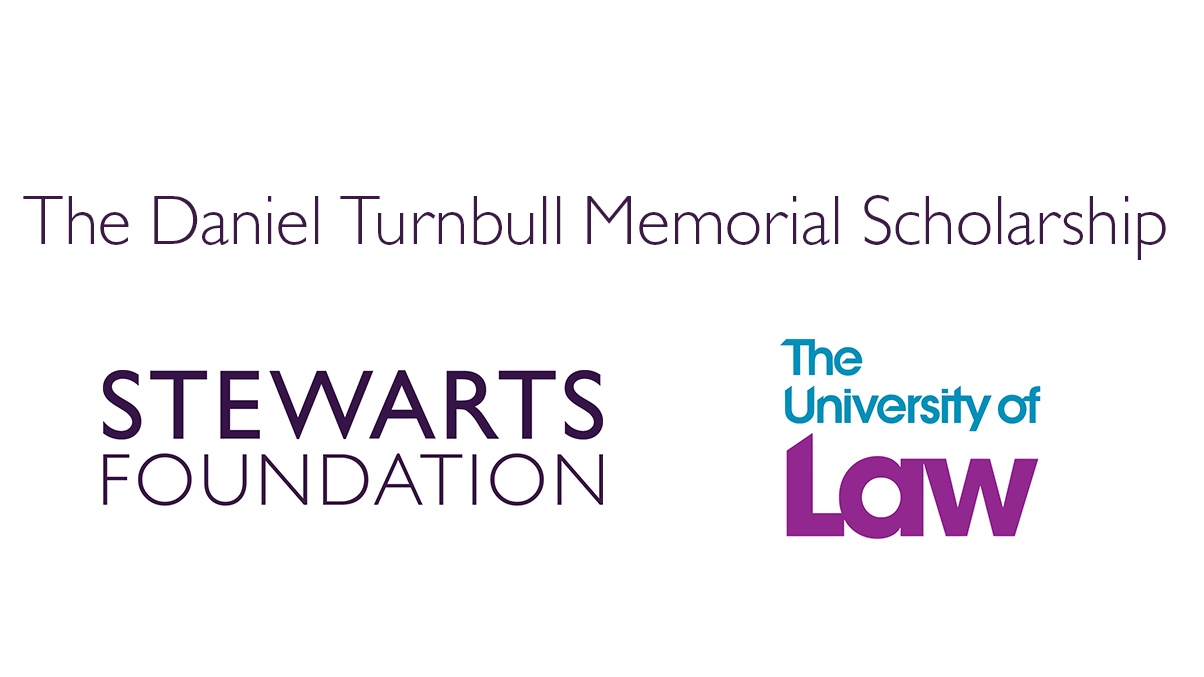The Access to Justice Foundation was set up in 2008 by members of the legal profession. It is the only national charity solely focused on delivering access to justice through pro bono legal advice for those who need it. National Pro Bono Week runs from 4 – 8 November and to mark this we look at the Access to Justice Foundation and Stewarts’ involvement with the charity.
In 2013, The Stewarts Foundation started supporting Access to Justice and in 2016 made a commitment of £1m in funding over four years. In 2019, it re-committed to providing £250,000 a year in funding for various projects over the next five years.
About the Access to Justice Foundation
The foundation is supported by a network of local legal support trusts and committees across the UK and gives grants for the provision of free legal advice and representation to vulnerable people who could not otherwise afford access to justice.
Over the past 10 years, the foundation has made more than 300 grants worth over £7m and provided advice to tens of thousands of people. The organisations the foundation supports work tirelessly to help the most vulnerable in society, including:
- Keeping family breadwinners in employment through challenging unlawful discrimination
- Preventing young families from being made homeless
- Supporting disabled people to avoid poverty by achieving a basic level of income
- Helping the victims of sexual violence and torture to rebuild their lives.
Ruth Daniel, Chief Executive of the Access to Justice Foundation, commented about Stewarts’ involvement: “With huge cuts in funding for advice services across the country, support from organisations such as Stewarts is increasingly vital. Through the generosity of The Stewarts Foundation, we have been able to fund advice services across the UK that change people’s lives.”
Projects funded by the Access to Justice Foundation
Z2K (originally known as Zacchaeus 2000 Trust) runs a disability tribunals project that aims to increase the number of people available to represent those in need at tribunal hearings. The main reason people require tribunal support is to challenge their disability benefits.
Z2K wishes to ensure the long term sustainability of this project, as well as campaign for changes to the disability benefits system.
Through support from Stewarts, Z2K has been able to help increase its capacity and take on around 400 disability tribunal cases per year, of which 87% have been successful.
Z2K has also been able to ensure more lawyers at all levels understand the benefits of pro bono support. The project has trained more than 100 lawyers and 30 law students from King’s College, UCL, Queen Mary and BPP, and post training at least 50 volunteers have taken on cases.
Z2K has also developed online training materials, which can be accessed here.
Canterbury Housing Advice Centre provides free legal advice, assistance and representation services to people in charitable need. It aims to prevent homelessness, reduce poverty and support those who are disadvantaged, as well as to widen the availability of access to justice for vulnerable people. With the funding it has received, the centre has been able to undertake homelessness prevention work with a total of 547 different households, and save their clients an estimated £269,949 in legal fees.
Case studies
Projects supported by the Access to Justice Foundation have enabled a number of individuals to seek legal advice. Some examples are below. All names have been changed to protect the identity of those involved.
Amin, who suffers from several chronic conditions, felt extremely distressed with the prospect of appealing an unfavourable benefits decision on his own. He turned to a local disability advocacy charity, who lodged an appeal on his behalf. At the appeal, Amin was awarded his previous level of benefits, as well as a premium for the severity of his conditions. The increase in income has allowed Amin to take small steps that have improved his quality of life, such as keeping the heating on in the winter for longer periods.
Ms Andrews was 24, unemployed, on Income Support and had five young children. She first became pregnant at 15. She couldn’t read or write, had never been taught any budgeting skills, and had never managed to feed and clothe her children or pay all her bills. She was subject to the benefit cap, leaving her with a weekly rent shortfall of £19.80 and in rent arrears. The council had applied for the court bailiffs to evict this “very vulnerable tenant” at 10am the week after the eviction hearing due to £700 of rent arrears.
The Canterbury Housing Advice Centre obtained a Discretionary Housing Payment (DHP) to pay Ms Andrews’ rent arrears and her weekly rent shortfall for the coming 13 weeks, with the probability of a further DHP. It also obtained an appointment for her with Citizens Advice to give her money and debt advice, and offered help to claim Disability Living Allowance (DLA) for her eldest son who had serious problems. This meant Ms Andrews would no longer have the benefit cap imposed.
Despite this intervention, the court hearing to evict Ms Andrews and her five children and make them homeless went ahead. The advice centre applied to stop the eviction, which was due to take place the next day. The judge ordered that the eviction be stopped on the condition that she paid her rent in full and £5 off her rent arrears every week.
To read more about the Stewarts Foundation, please click here.
If you would like to support the Access to Justice Foundation and give legal support to those that need it the most please visit their website.






